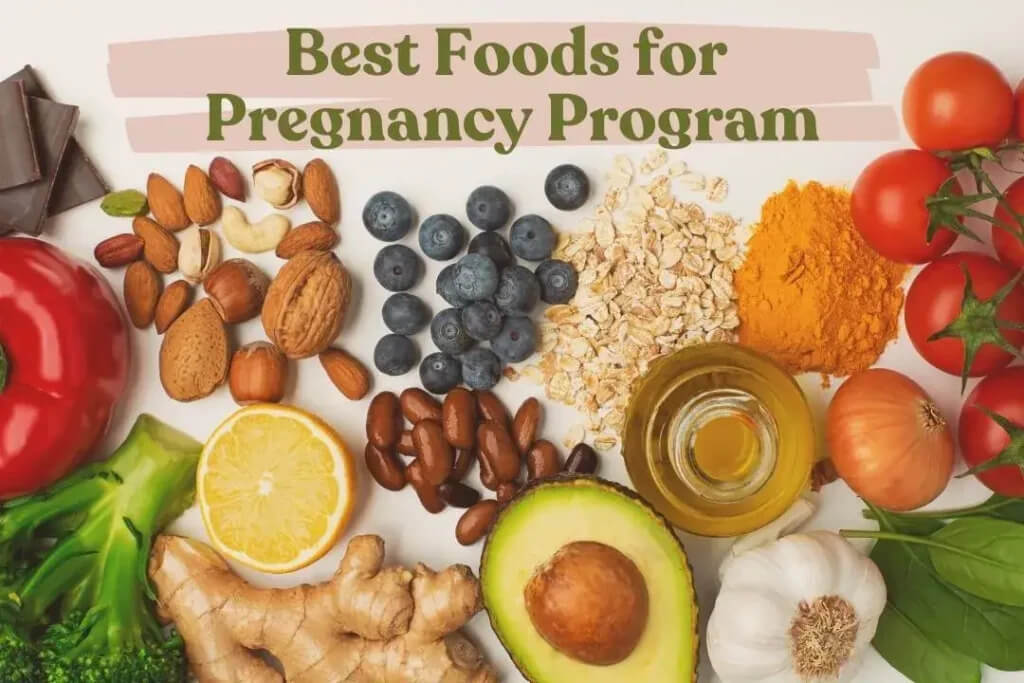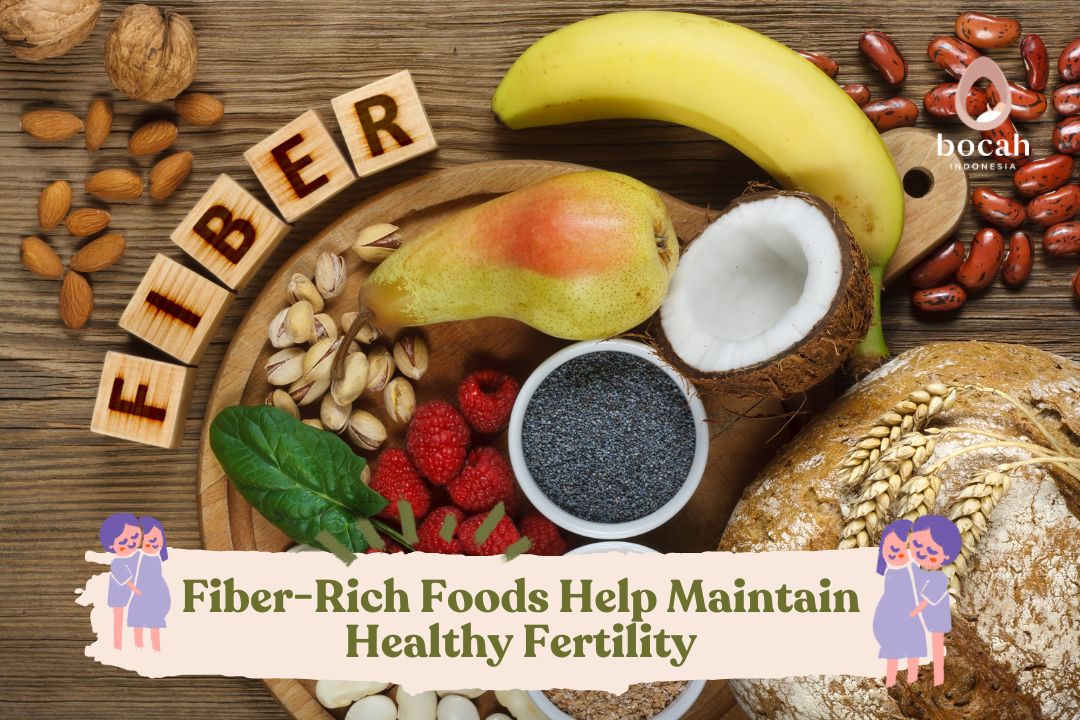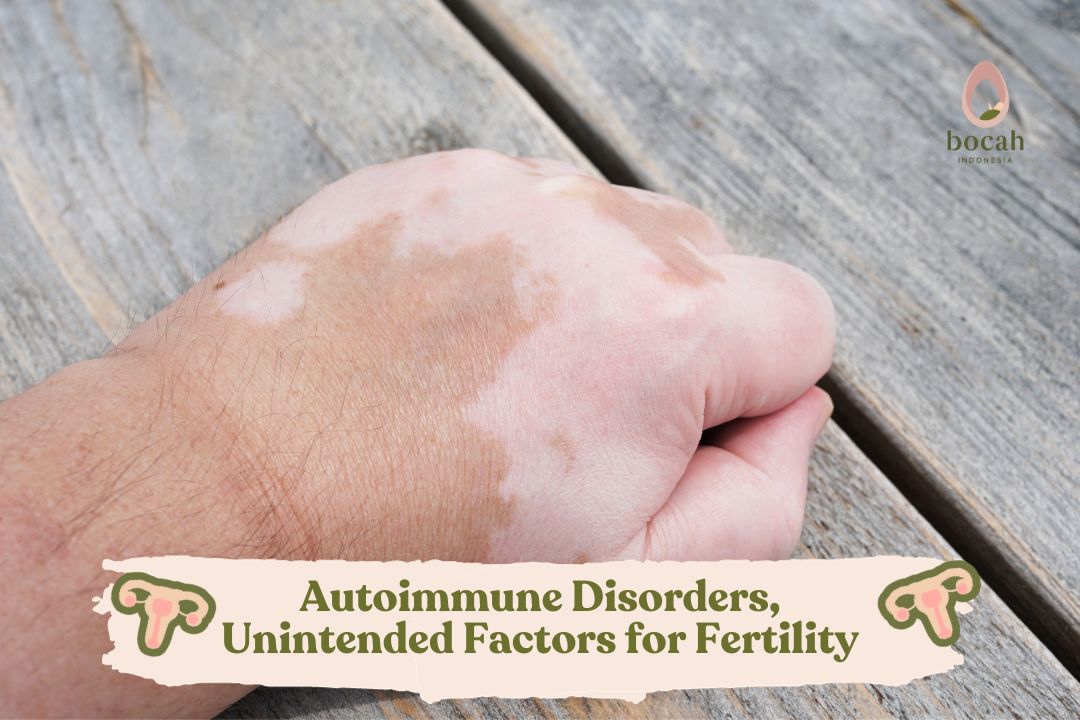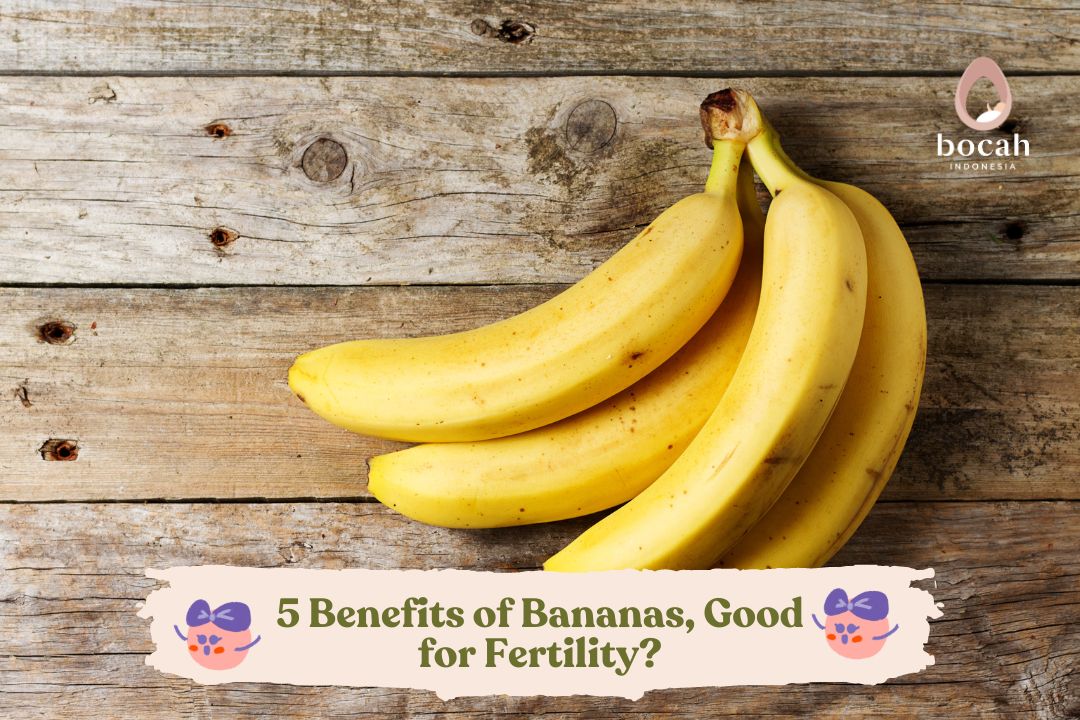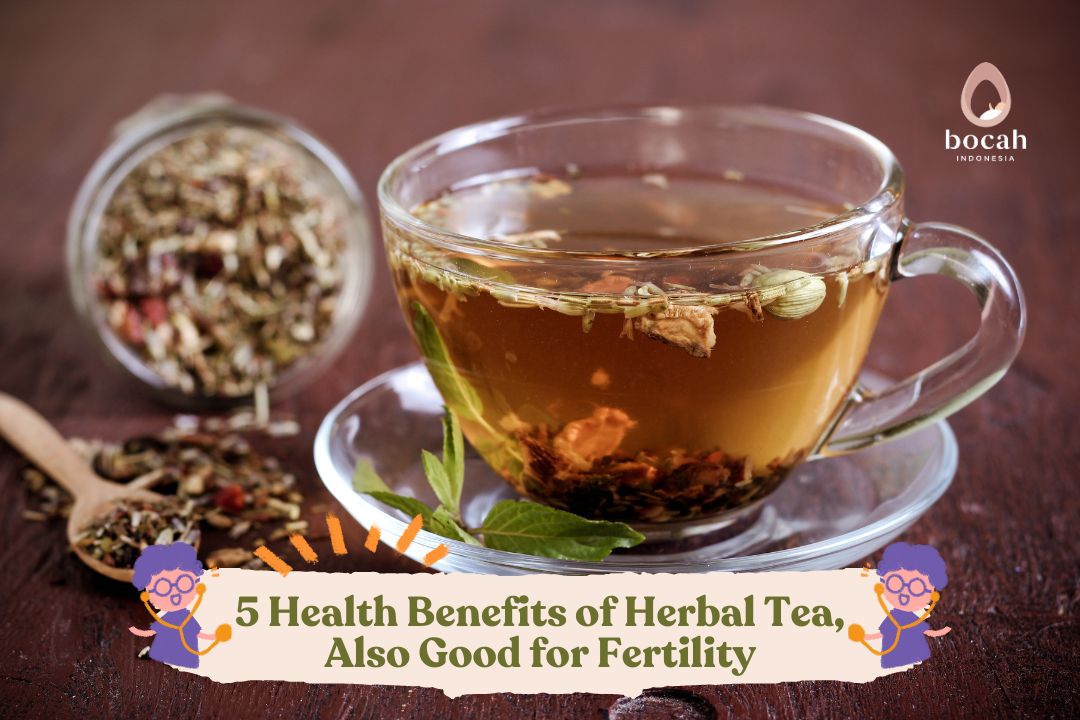Consume Mangoes to Maintain Fertility
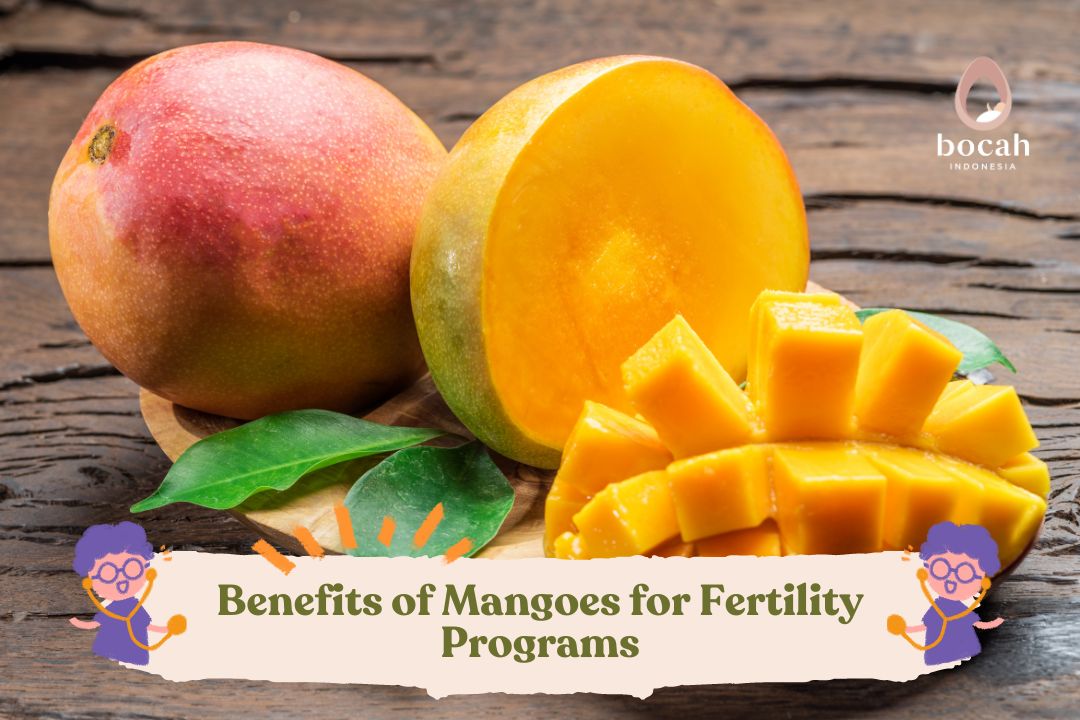
Mangoes are one of the types of fruits that are good to consume due to their rich content of vitamins and minerals, which are beneficial for health and fertility.
Mangoes are a popular fruit among many people. Their sweet and tangy taste makes them enjoyable to eat either whole or processed into various dishes.
Mangoes contain several nutrients that are good for health. Additionally, these nutrients are also beneficial for improving fertility conditions. Let’s take a look at some of the health benefits of consuming mangoes.
Nutritional Content of Mangoes The nutritional composition of mangoes per 100 grams,
based on Data Panganku:
Tanya Mincah tentang Promil?
- Water: 86.6 grams
- Calories: 52 kcal
- Protein: 0.7 grams
- Carbohydrates: 12.3 grams
- Fiber: 1.6 grams
- Calcium: 20 mg
- Potassium: 140 mg
- Phosphorus: 16 mg
- Vitamin C: 12 mg
- Beta-carotene: 316 mcg
- Vitamin A: 35%
- Folate: 20%
- Vitamin K and Potassium: 8%
Health Benefits of Mangoes
The nutritional content in mangoes can provide health benefits when consumed in the right amounts. Here are the health benefits of mangoes for the body.
1. Lowering Blood Pressure
If you have issues with blood sugar levels due to consuming sweet foods, don’t worry; mangoes have a different effect. According to research conducted by a team from Oklahoma State University, blood sugar levels in overweight individuals decreased after regularly consuming mangoes over a certain period.
This benefit of lowering blood sugar levels is believed to be due to the active compounds and antioxidants found in mangoes.
2. Good for Hair and Skin Health
The vitamin A content in mangoes helps maintain the health of both skin and hair, keeping them moist and healthy. Additionally, mangoes contain vitamin C, and the combination of these two vitamins is necessary for the body to produce collagen.
Collagen is a protein that plays an important role in maintaining skin elasticity, preventing premature wrinkles and sagging.
3. Maintaining Eye Health
One of the benefits of consuming mangoes is maintaining eye health. This is because mangoes contain two types of antioxidants, lutein and zeaxanthin, which help maintain the function of the retina and lens of the eye.
Moreover, these two antioxidants also help protect the eyes from harmful ultraviolet rays and can slow down the development of cataracts and the dangers of macular degeneration.
4. Preventing Heart
Disease Consuming the right amount of mangoes also helps the body prevent heart disease. This is because mangoes contain fiber, vitamins, and potassium that can prevent heart problems. It’s important for you to know, an increased intake of potassium corresponds with a decrease in sodium levels in the body.
If you consume a portion of sweet fruits daily, this condition can be beneficial in reducing the risk of heart disease.
Mango Benefits for Fertility
Besides health benefits, mangoes are also good for improving fertility. Mangoes are rich in a number of nutrients, such as antioxidants, vitamin B, vitamin C, and carotenoids, which are beneficial for those undergoing fertility programs.
The folic acid and B6 content in mangoes play a role in regulating the menstrual cycle. Even the potassium content can help keep blood pressure stable.
Although mangoes have good content for health and help improve fertility, it’s important to complement them with other nutritious intakes. Additionally, don’t forget to exercise regularly and change to a healthy lifestyle. Let’s check in with the nearest fertility clinic soon!
This article has been medically reviewed by Dr. Chitra Fatimah.
Source:
- Khoo, HE., et al. (2019). Nutrients for Prevention of Macular Degeneration and Eye-Related Diseases. Antioxidants (Basel). 2019 Apr; 8(4): 85.
- Okuyama, Y., et al. (2014). Inverse associations between serum concentrations of zeaxanthin and other carotenoids and colorectal neoplasm in Japanese. Int J Clin Oncol 19, 87–97 (2014).
- Jahurul, MHA., et al. (2015). Mango (Mangifera indica L.) by-products and their valuable components: a review. Food Chem. 2015 Sep 15:183:173-80.


